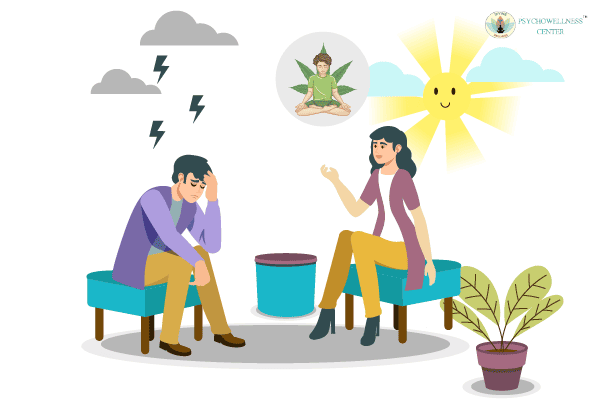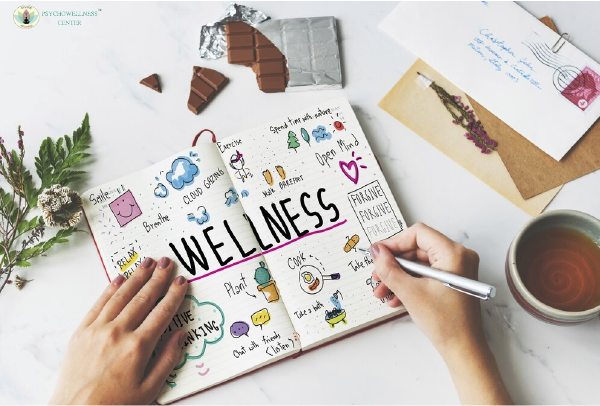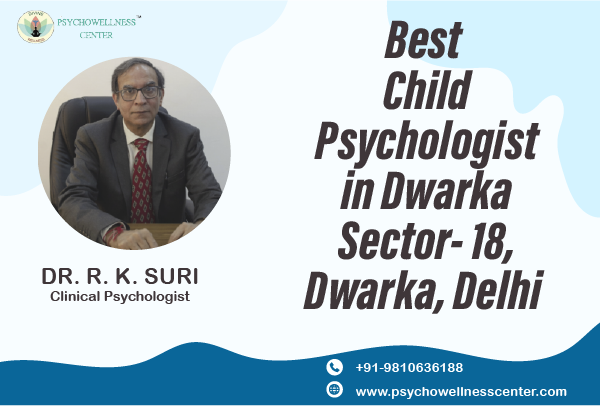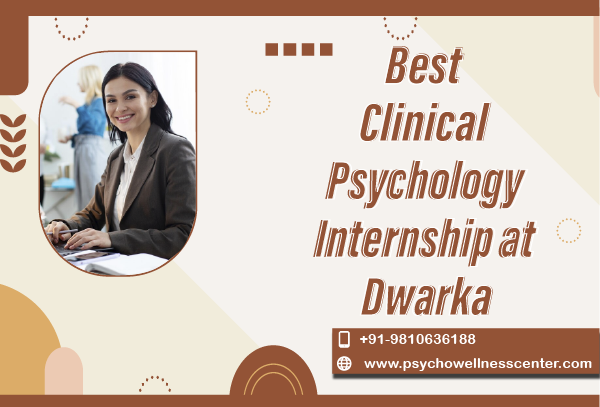Counselling and Therapy for Cannabis Addiction

Cannabis addiction is an increasingly recognized issue affecting many individuals, impacting their lives, relationships, and overall well-being. While cannabis is often perceived as a harmless substance, its overuse can lead to significant challenges, including anxiety, depression, and social withdrawal. If you or someone you know is struggling with cannabis addiction, understanding the available counselling and therapy options is crucial. This blog explores effective therapeutic approaches and highlights how platforms like TalktoAngel can connect you with the best psychologists in India for online counselling.
Understanding Cannabis Addiction
Cannabis addiction, or cannabis use disorder, is characterized by a dependency on the substance, leading to withdrawal symptoms when not used. Many users find that their consumption escalates over time, which can contribute to various mental health issues, including stress and social isolation. Factors such as genetics, environmental influences, and underlying mental health conditions can all contribute to the development of cannabis addiction.
The Role of Counselling in Recovery
Counselling plays a vital role in addressing cannabis addiction. It provides individuals with a safe space to explore their feelings and behaviours related to cannabis use, understand the underlying causes of their addiction, and develop coping strategies for a healthier life.
Cognitive Behavioral Therapy (CBT)
Cognitive behavioral therapy (CBT) is one of the best treatment modalities for cannabis addiction. This structured, goal-oriented therapy focuses on identifying and changing negative thought patterns and behaviours associated with substance use. CBT helps individuals:
Recognize triggers that lead to cannabis use, such as stress or social situations.
- Create coping mechanisms to control urges and prevent relapse.
- Challenge distorted beliefs about cannabis and its role in their lives.
- By addressing the cognitive aspects of addiction, CBT empowers individuals to regain control and make healthier choices.
Dialectical Behavior Therapy (DBT)
Dialectical Behavior Therapy (DBT) is another effective approach, particularly for individuals struggling with co-occurring mental health issues like anxiety and depression. DBT helps people by combining mindfulness exercises with cognitive-behavioral approaches.
- Increase emotional regulation and distress tolerance.
- Improve interpersonal effectiveness and communication skills.
- Develop mindfulness techniques to stay present and reduce impulsive behaviours.
DBT's focus on acceptance and change makes it particularly beneficial for those who experience intense emotions and may use cannabis as a coping mechanism.
Group Therapy
Group Therapy offers a supportive environment where individuals can share their experiences, struggles, and successes with others facing similar challenges. This therapeutic approach provides several benefits:
- Social Support: Group members often feel less isolated and lonely, as they connect with others who understand their journey.
- Shared Experiences: Listening to the experiences of others might provide fresh viewpoints and coping mechanisms.
Group therapy can be especially effective for those who have experienced social isolation due to their addiction, fostering a sense of community and belonging.
Mindfulness and Coping Strategies
The healing process can be greatly accelerated by integrating mindfulness exercises into treatment. Mindfulness encourages individuals to become more aware of their thoughts, feelings, and bodily sensations without judgment. This heightened awareness can help individuals:
- Acknowledge that urges are fleeting and controllable rather than overwhelming.
- Develop healthier responses to stress and emotional triggers.
Mindfulness techniques, such as meditation, deep breathing exercises, and progressive muscle relaxation, can be integrated into various therapeutic approaches, including CBT and DBT.
Addressing Career Issues and Life Balance
For many individuals struggling with cannabis addiction, career issues and life balance can exacerbate their challenges. Stress from work or academic pressures can lead to increased cannabis use as a coping mechanism. Therapeutic approaches that focus on:
- Career Counseling: Helping individuals explore their career goals, develop coping strategies for workplace stress, and create a balanced life plan.
- Time Management Skills: Teaching individuals how to prioritize tasks and manage time effectively to reduce overwhelm.
These strategies can be crucial in supporting recovery and preventing relapse.
The Importance of Professional Support
While self-help strategies and peer support can be beneficial, professional guidance from trained therapists is essential for effective recovery. Seeking help from the best psychologists in India through platforms like TalktoAngel offers numerous advantages:
- Accessibility: Online counselling makes it easier to connect with mental health professionals from the comfort of your home.
- Expert Guidance: Trained therapists can provide tailored support and strategies based on individual needs.
- Anonymity and Privacy: Online platforms offer a level of privacy that may encourage individuals to seek help without fear of stigma.
Overcoming Stigma and Encouraging Help-Seeking
The stigma associated with substance use disorders is one of the biggest obstacles to getting treatment for cannabis addiction. Many individuals may feel ashamed or embarrassed to admit they need support. It's crucial to foster open conversations about mental health and addiction, emphasizing that seeking help is a sign of strength, not weakness.
Encouraging friends and family members to seek professional support can also be beneficial. Letting them know they are not alone and that effective help is available can make a significant difference in their recovery journey.
Conclusion
Cannabis addiction can significantly impact an individual's life, but with the right support and therapeutic approaches, recovery is possible. Cognitive Behavioral Therapy, Dialectical Behavior Therapy, and Group Therapy are effective methods for addressing addiction and its underlying issues. Incorporating mindfulness and coping strategies further enhances the recovery process, helping individuals develop healthier habits and improve their overall well-being.
If you or someone you know is struggling with cannabis addiction, don’t hesitate to seek help. Platforms like TalktoAngel can connect you with the best psychologists in India for online counselling. Remember, reaching out for support is a courageous step toward a healthier, more fulfilling life.
Visit Psychowellness Center in Delhi, Janakpuri, and PalmDelhi Ncr, Noida, for expert mental health care. Access online counseling with the best psychologists today.
Discover expert mental health services with Dr. R K Suri clinical psychologist and Ms. Gurleen Kaur Counselling psychologists providing care near you.
References
- Rehab Directory: Cannabis Addiction: https://drugandalcoholrehab.co.uk/addictions/cannabis-addiction/
- Sherman BJ, McRae-Clark AL. Treatment of Cannabis Use Disorder: Current Science and Future Outlook. Pharmacotherapy. 2016 May;36(5):511-35. doi: 10.1002/phar.1747 .
- Ghafouri M, Correa da Costa S, Zare Dehnavi A, Gold MS, Rummans TA. Treatments for Cannabis Use Disorder across the Lifespan: A Systematic Review. Brain Sciences. 2024; 14(3):227. https://doi.org/10.3390/brainsci14030227




SHARE